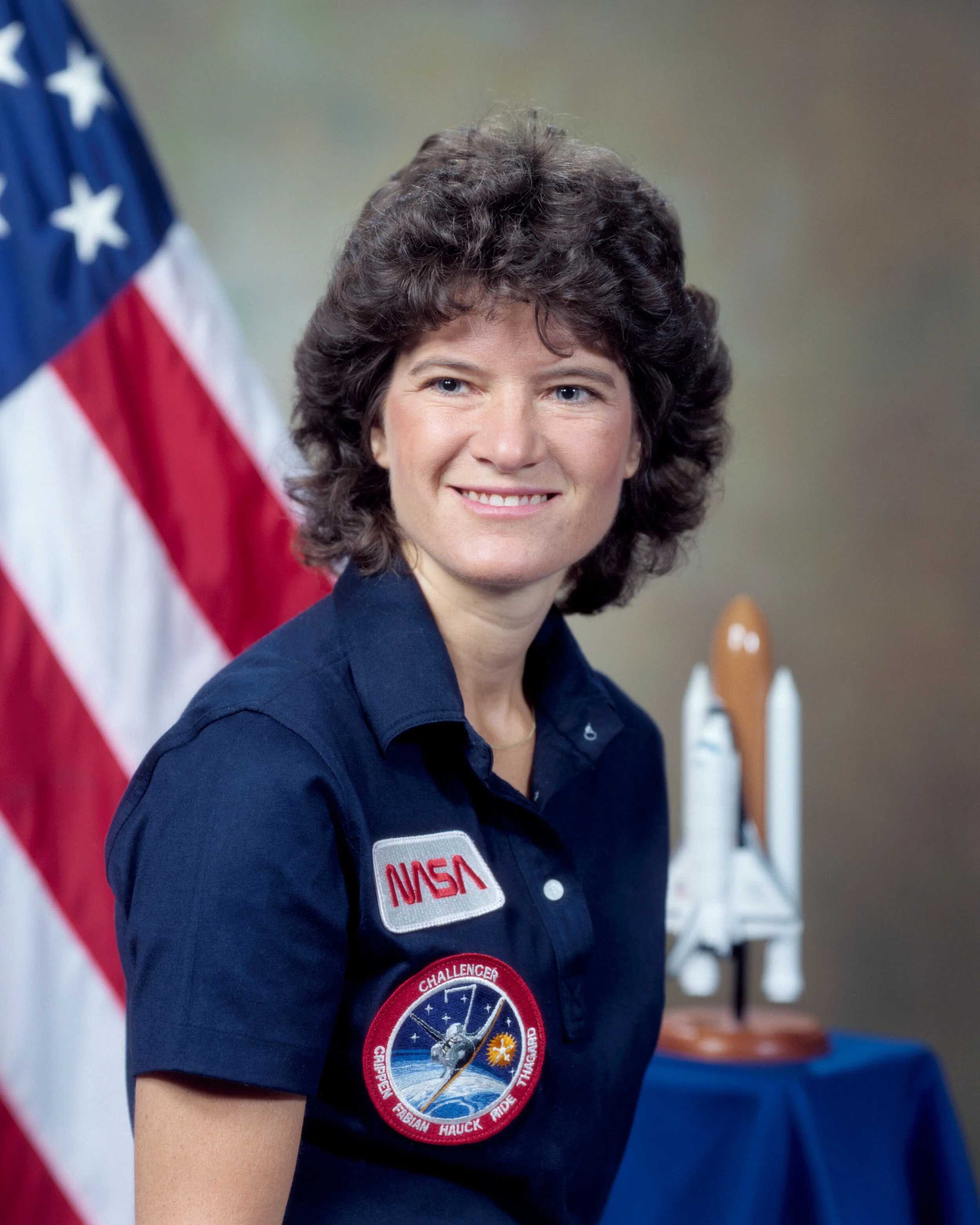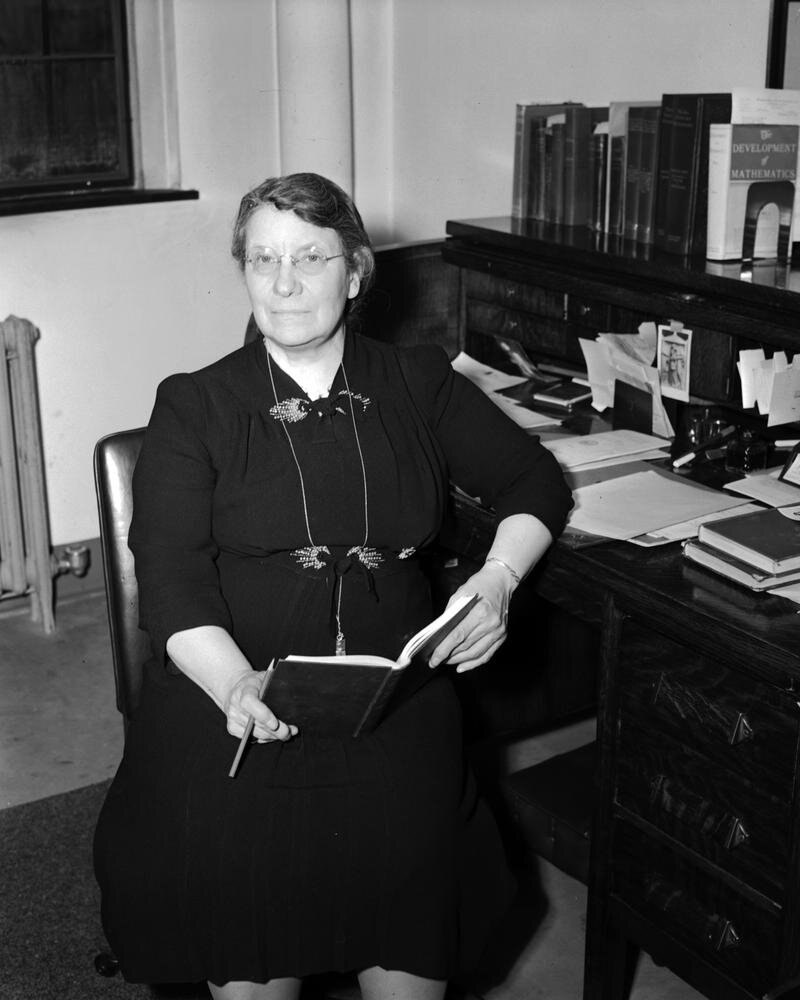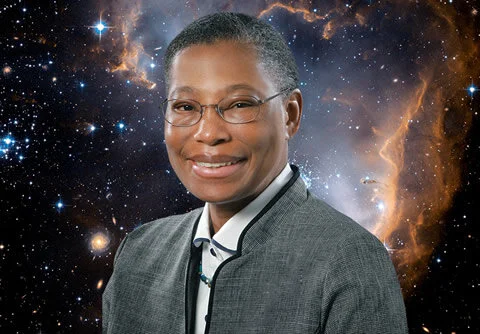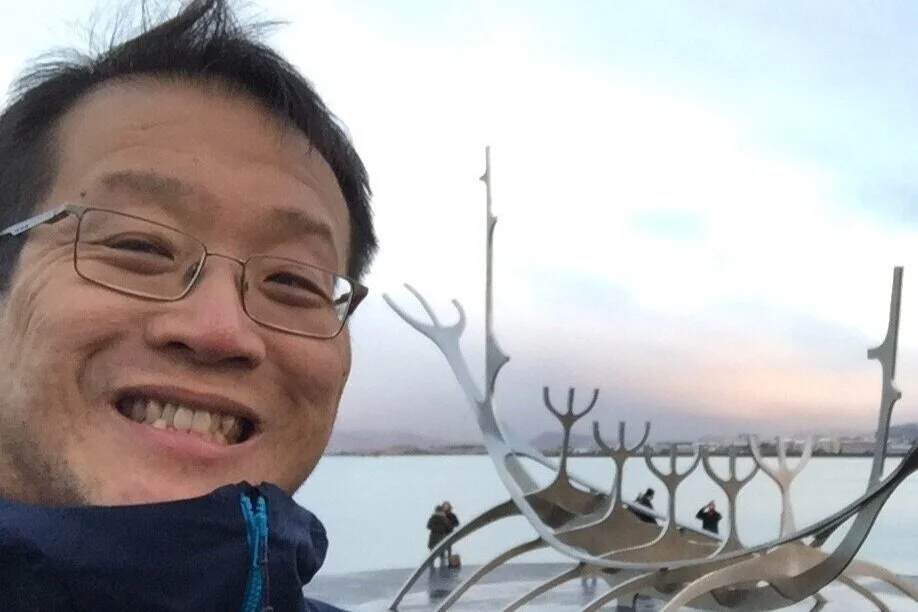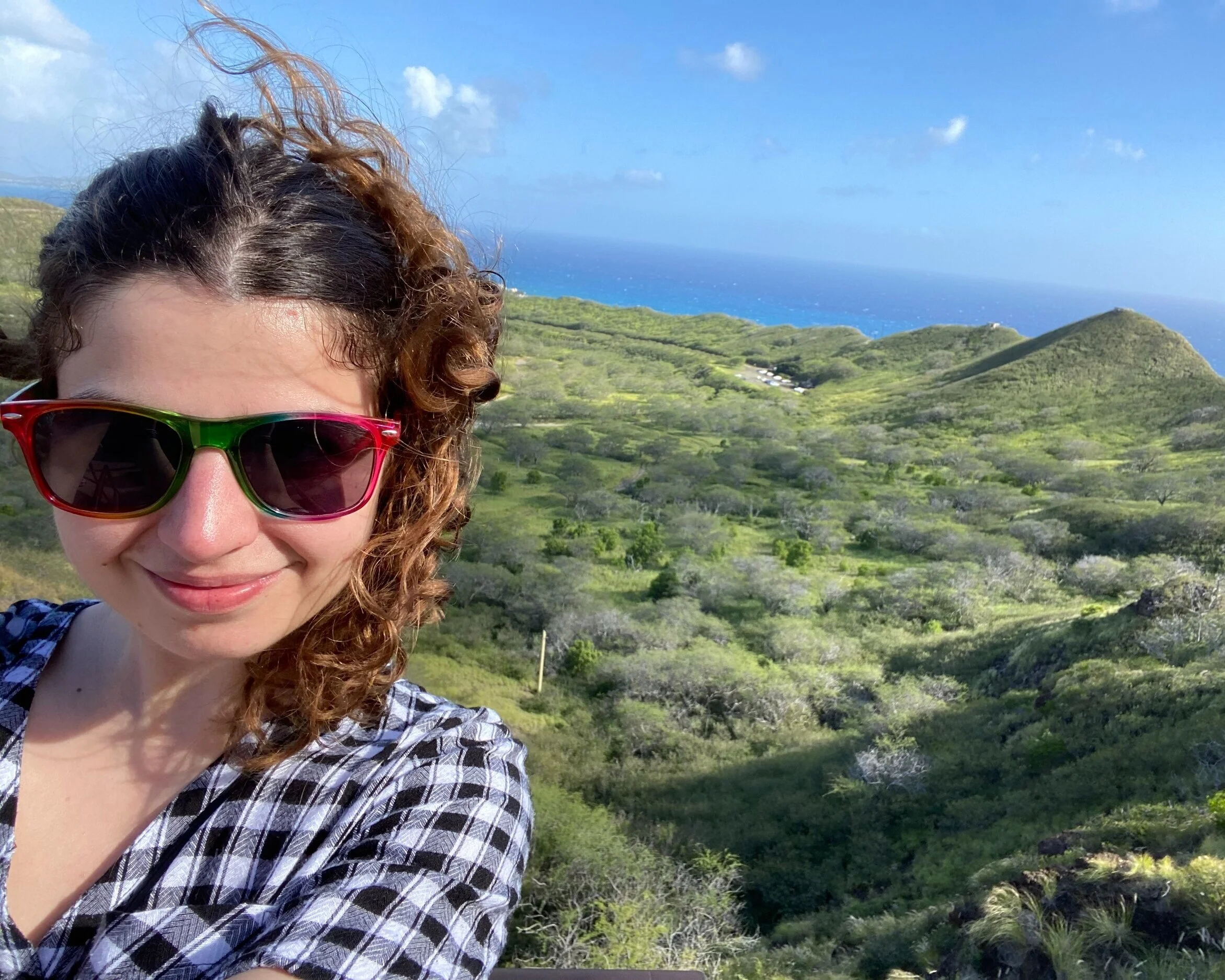
June is Pride and
Caribbean Heritage Month
Spotlight Scientists
Sally Ride (1951 - 2012)
Sally Ride was the first American woman in space and first known LGBT astronaut in 1983. She had to answer many questions about flight affecting her ovaries, how many tampons she would need for a week in space (she was asked if 100 was enough!), and if she cries when things go wrong. She was a professor of Physics at University of California, San Diego, and served on the panel investigating the Challenger and Columbia disasters. She also came up with the idea for NASA’s EarthKAM mission which allows middle school students to take pictures of Earth from the International Space Station. She was a huge advocate for teaching students - especially girls - mathematics and physics, writing several books and participating in science festivals around the United States up until her death.
Agnes E. Wells (1876 - 1959)
Agnes E. Wells was the Dean of Women and Professor of Physics and Astronomy at Indiana University from 1919 to 1944. She earned her PhD from University of Michigan studying proper motions of stars in Pleiades. She was a large women’s rights activist, participating in the National Women’s Party and become the chair in 1949. She also spoke to the subcommittee on Constitutional Amendments of Congress in 1945 when campaigning for women’s right to vote. Her partner, Lydia Woodbridge was also a professor of French and the Assistant Dean of Women at Indiana University. In 1971, after her death, she was inducted into the Saginaw Hall of Fame.
Mercedes Richards (1955 - 2016)
Mercedes Richards was a Jamaican astrophysics professor whose research focused on computational astrophysics. She had multiple research focuses including brown dwarfs, exoplanets, stellar astrophysics, and binary star systems. She pioneered research in the tomography of interacting binary star systems and cataclysmic variable stars to predict magnetic activity and simulate gas flow. She won multiple awards including the Fulbright Distinguished Chairs Research Scholar Award and the Musgrave Medal. She also co-founded a summer research program for low-income high school students specifically to stimulate interest in scientific research. She was also involved in the decision to remove Pluto’s planet designation!
Spotlight Scientists at George Mason University
Dr. Paul So
Paul was born in Hong Kong, raised in Hawaii, went to college in California (Harvey Mudd College), continued to move east, and completed his PhD in nonlinear dynamics at the University of Maryland. His previous work includes control theories for high dimensional chaotic systems, theories and experiments in quantum chaos, the characterization of synchrony in chaotic systems, and the dynamical reconstruction of nonlinear systems using both the observer technique and unstable periodic orbits. The overarching goal of his research is the application of these tools from dynamical systems and other physical insights from statistical physics to a better understanding on the mechanisms for information processing in the brain and on dynamical causes related to different pathological neural diseases such as epilepsy and Parkinson’s disease. Paul is also a painter, art collector, entrepreneur, and the founder of Hamiltonian Artists, which is a non-profit organization in Washington DC dedicated in providing professional development opportunities to innovative artists in their early careers.
Jenna Cann
I am a GMU alumni and my pronouns are she/they. After testing out several different majors in undergrad (Music, History, Marketing, Math), I settled on Astronomy after transferring to GMU, ultimately receiving my B.S. in 2017. I stayed at GMU for grad school, where I was an NSF Graduate Research Fellow, and received my PhD in Physics in 2021. I am now a postdoctoral fellow at NASA Goddard in Greenbelt, MD studying supermassive black holes in dwarf galaxies, particularly using infrared spectroscopy. I was a graduate mentor and a co-founder of Spectrum during my last years at GMU, and I am now involved with the NASA Goddard Association for Postdoctoral Scholars (NGAPS+) in my postdoc. In my free time, I enjoy singing, playing piano, and writing music.
The men and women in our spotlight changed the course of science over and over. However, there are uncountable more that accelerated our progress further.
To learn more about these incredible people, follow the links below:
Angela Clayton: Wikipedia, LGBT+ History
JJ Eldridge: Personal, Wikipedia, 500 Queer Scientists


